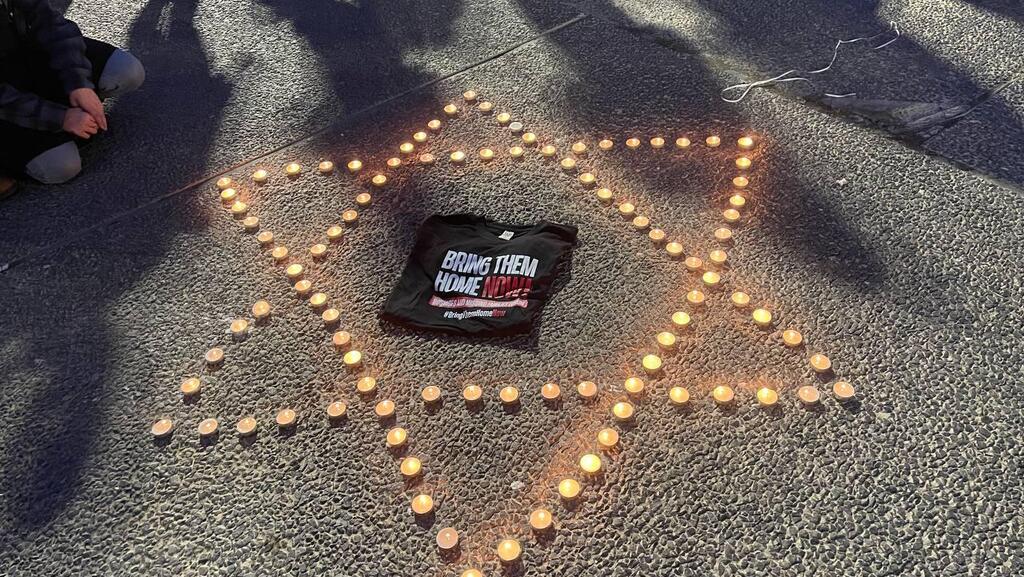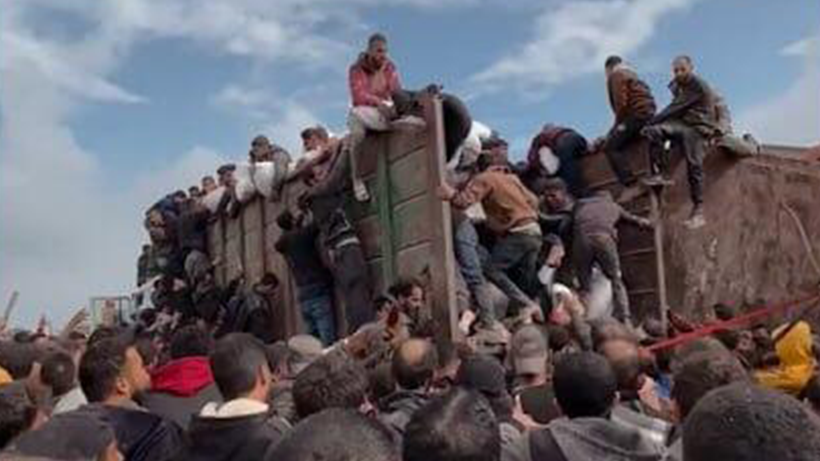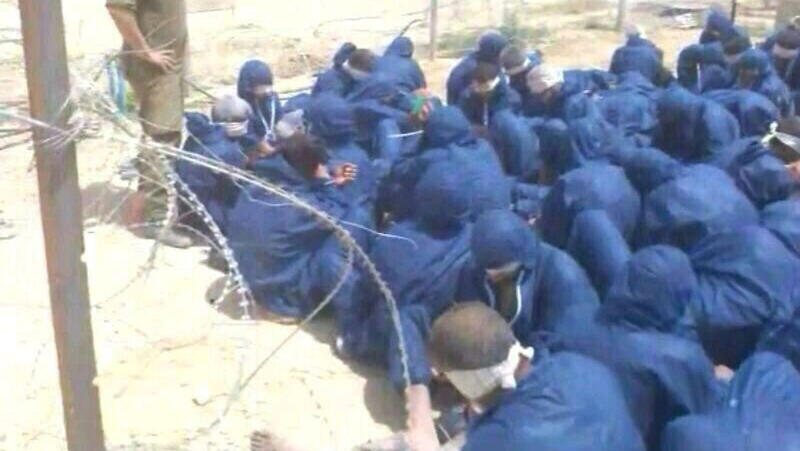More details on the hostage release deal being negotiated, are revealed in a Wall Street Journal report published early on Thursday. The deal will begin with a six-week lull in the fighting and a suspension of drone fights over Gaza, while Hamas gathers the hostages ahead of their release.
The first batch of captives would be civilians, including the elderly, the sick and children. In Gaza, civilians would be free to move around the strip and aid could also reach all parts.
If that phase is successful, the WSJ said, a second phase would be put into motion with the release of female soldiers, and the delivery of more aid into Gaza, that will ensure the operation of hospitals, water services and bakeries. Hamas demands that 50 Palestinian prisoners be freed by Israel for every women in the service.
In the third phase, according to the report, Hamas would release male soldiers and the bodies of dead hostages but not all of the men captive because Hamas considers all men of a certain age to be potential soldiers.
Hamas has also demanded the return of the bodies of Palestinians killed during Hamas’s Oct. 7 attack on Israel, the report said, quoting negotiators.
"That final stage of the deal is expected to be the most precarious, as Hamas’s leaders in Gaza could hold on to a small group of hostages as bargaining chips and human shields, while Israeli leaders could refuse to release high-profile Palestinian prisoners while Israel may refuse to release certain prisoners demanded by the Gaza terror faction," The paper wrote.
They also quoted Daniel Levy, a former Israeli negotiator and government official who said “That would allow Netanyahu to avoid the political fallout of agreeing to those high-value releases and of ending the war.”




